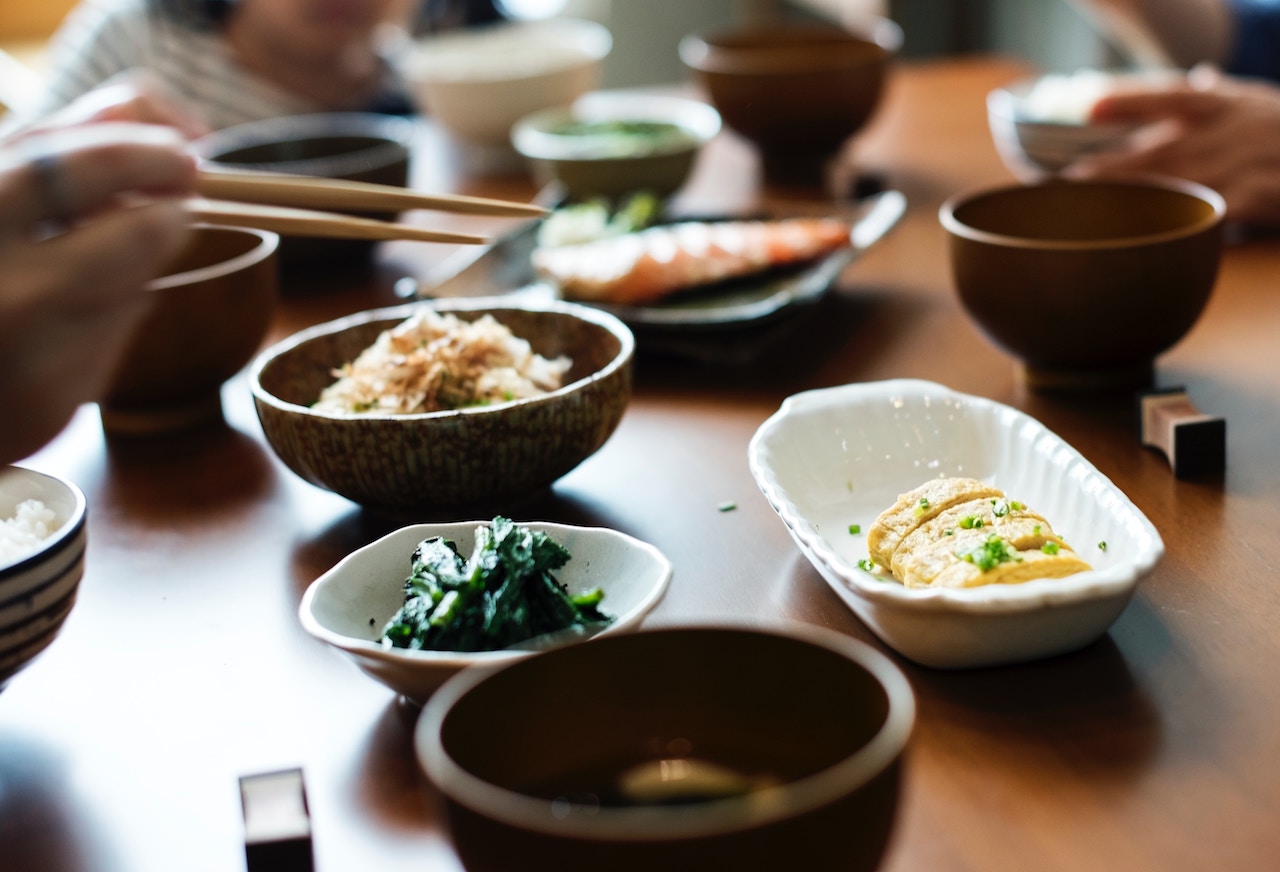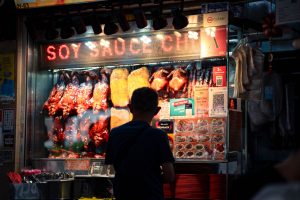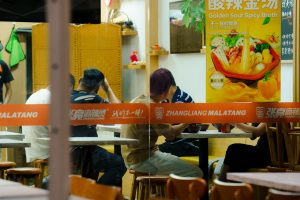Forgive me for being a wet blanket, but one of the most tedious things about being a working adult in Singapore is our uniquely Singaporean office lunch culture. For lack of a better description, Singaporean office lunch culture appears to be ridden with the sort of peer pressure that turns supposedly rational adults into teenagers.
As the hour of socialising descends upon the office anytime from 12 to 2 PM, the designated leader of the Office Lunch Clique poses the seemingly innocent question: “Lunch?”.
For the uninitiated, this is mere formality. The question is really an unspoken rule that we should leave the office for lunch with the team. It also assumes that we should want to hang out with our colleagues in a social setting, and that we are ‘anti-social’ if we choose to remain at our desks or have lunch alone.
Rejection of lunch invites is done at the individual’s own risk. The bold decision to consistently avoid eating with our colleagues or to have a solo lunch at our desks may be mocked by more ‘sociable’ colleagues through tired retorts, like “bo jio”. If this happens often enough, we’re as good as social pariahs, thereby excommunicated from the Office Lunch Clique.
As the rules of Singaporean office lunch culture dictate, the only thing worse than turning down a lunch invite is not receiving one in the first place.
Following this rhetorical enquiry, a mass exodus of Office Lunch Cliques from offices streams into the surrounding malls, food courts, and hawker centres, ready to ‘chope’ their seats with lanyards, tissue packets, and name cards.
Regardless of which Office Lunch Clique we belong to, lunch itself is usually one hour’s worth of self-indulgent, unproductive drivel packaged as necessary employee bonding. While ‘lighter’ lunch topics can range from discussing weekend plans to talking about marriage/children/BTOs, many of us see lunch as an opportunity to air grievances about work.
For that reason, lunch hour can be spent dredging up shared dissatisfaction, feeding each other’s unhappiness, and ‘bonding’ over gossip. The result: a false sense of intimacy.
Essentially, the average Singaporean worker quickly learns to embrace Singaporean office lunch culture as a way of life. It’s a singular experience designed to make us feel accepted and excluded at once.
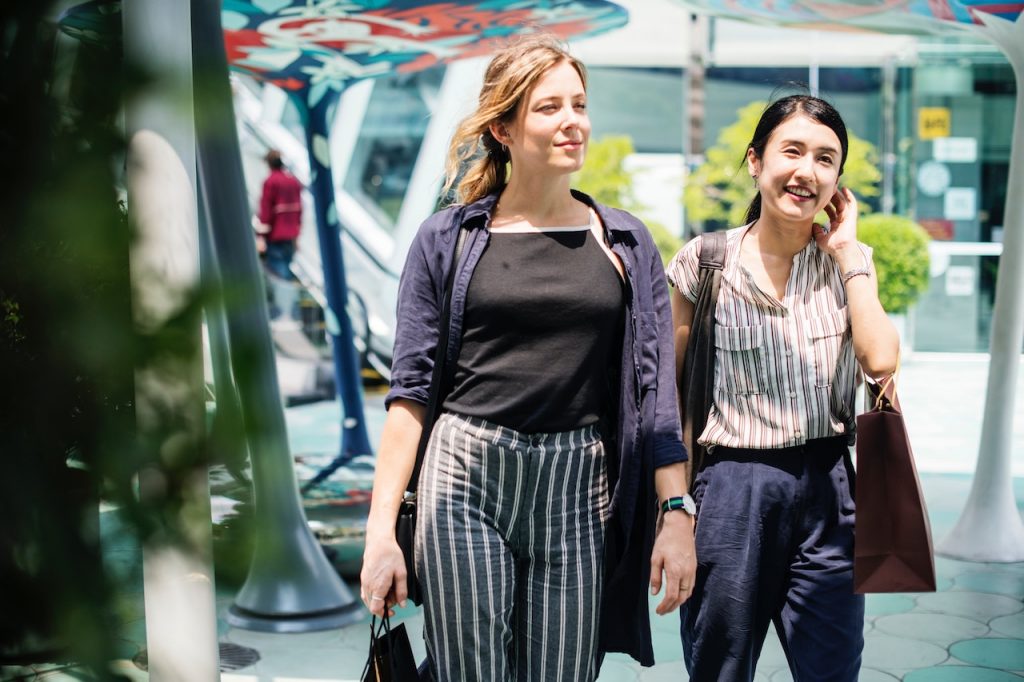
The tireless call to measure our personal value in terms of productivity adds to the perpetual exhaustion that permeates our lives. This is further exacerbated by the obligation to take part in Singaporean office lunch culture five days a week.
That is to say, lunch hour can be the one thing that ruins our productivity for the rest of the day.
First of all, we must realise that lunch hour is rarely just an hour since its after effects can last the entire day.
A user in the Reddit thread about the differences in lunch culture between Singaporeans and Western expats posits that lunches are social for us, but functional for the latter. Having spent lunchtime socialising, we return to our desks buzzing from the feel-good nature of our interactions.
Switching from work to lunch mode also requires us to adopt different headspaces and use different cognitive functions. For instance, we might be focused on problem solving and project management on the job, but lunch may require us to read body language and make small talk.
Inevitably, partaking in office lunch culture causes many of us to lose our concentration on the work we were doing.
The most common spillover effect from lunch is having to battle post-lunch syndrome, i.e. the food coma. Many of us tend to indulge in carb-heavy, savoury lunches, which makes us crave dessert, coffee, or bubble tea to ‘cleanse’ our palates. In turn, we spend a longer time socialising away from our desk, forgetting it’s a work day.
The eventual crash from this sugar high can also invoke extreme lethargy, making getting back to work a painful process.
As a result, we tend to devote about an hour trying to regain our flow. In positive psychology, flow is described as “the mental state of operation in which a person performing an activity is fully immersed in a feeling of energised focus, full involvement, and enjoyment in the process of the activity”.
In other words, instead of doing productive work, time is spent trying to ‘get in the zone’.
I call this hour ‘buffer time’. During this buffer time, we perform shallow tasks, such as filing loose sheets of paper, sending non-replies to emails, tweaking one column in an Excel sheet, or following up with a conversation on Slack. This gives us the illusion of being productive, similar to checking superfluous items off a to-do list.
But make no mistake, the effects of our lunch break linger, and we remain distracted as ever. In some cases, the distraction endures the rest of the day, causing us to put in half the effort yet experience twice the exhaustion. We end up working overtime to make up for lost time and low quality work.
As any seasoned office worker knows, the cumulative effect of constantly working overtime is burnout. It is also the very thing that kills individual productivity.
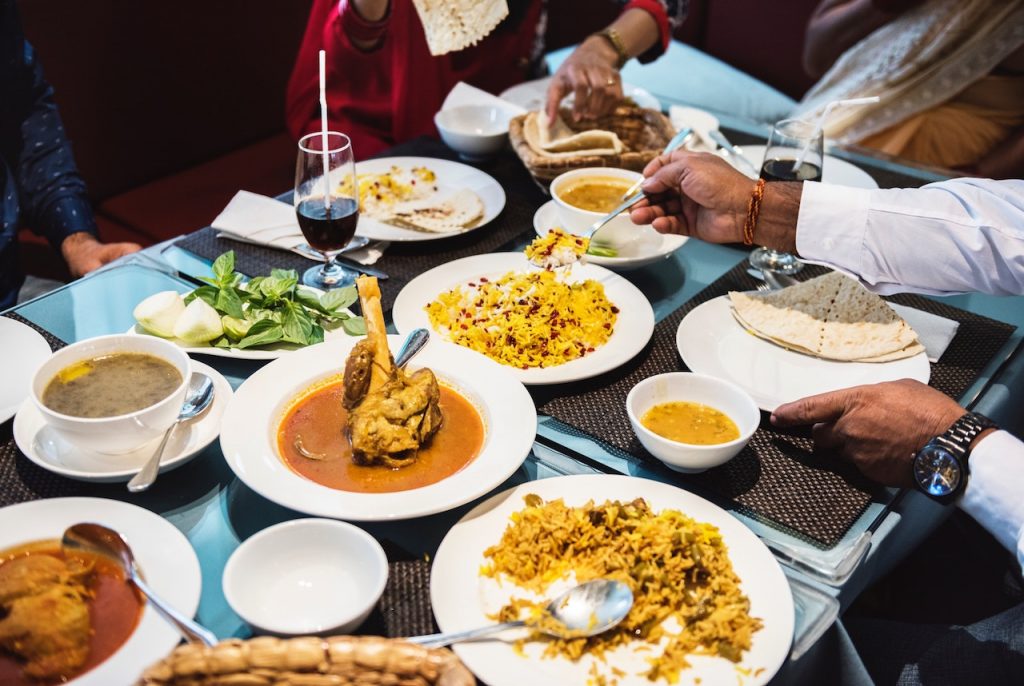
When I returned to my desk after lunch, I was disturbed and distracted, and as a result, predictably unproductive. All this led to a bubbling sense of resentment towards the Singaporean office lunch culture, towards my workplace, but most of all, towards myself for being unable to make the resolute decision to stand my ground without fearing social retribution.
Naturally this worsened my internal struggle because productivity is one of the most important things to me. But even being a lifelong member of the Cult of Productivity was no match for the allure of being inducted into the Office Lunch Clique; it’s almost a status symbol, a triumph that a square peg can fit into a round hole.
If anything, the Singaporean office lunch culture is the antithesis of another Singaporean hallmark: our endless pursuit of productivity.
Frankly, the reason that many productivity hacks might not seem to work permanently for many of us is because we tend to target the wrong areas of concern. Instead of solely focusing on productivity itself, we should pay attention to a broader culture that lends to the potential productivity slump.
In this case, addressing the overwhelming obligation to socialise with our colleagues over idle, redundant chit chat during lunch may help us realise we could be spending that hour and the subsequent ‘buffer time’ after that completing several more tasks.
In an ideal world, this would then enable us to finish work faster, leave work earlier, and have more time to seek social fulfilment after work.
For now, unless you’re immune to the post-lunch productivity plunge, you may just have to be ballsy enough to opt out from Singaporean office lunch culture—at least for a couple of days a week.
After I left my first job job, I grew a backbone, learnt to listen selectively and filter out any gossip I wasn’t interested in, and Marie Kondo-ed insipid lunch company from my life.
But I suppose I’m also lucky that my current colleagues don’t give a shit about the Singaporean office lunch culture. The unspoken rule is that individual tasks and moods take priority over communal lunch hour, so we never have to explain ourselves if we choose to sit lunch out. Because there’s no distinctive Singaporean compulsion to get together for lunch, we’re able to work productively for an uninterrupted stretch.
Now when we do head for lunch together, at least I know I want the break. Then I come back to my desk unburdened, refreshed, and legitimately looking forward to begin work again.

